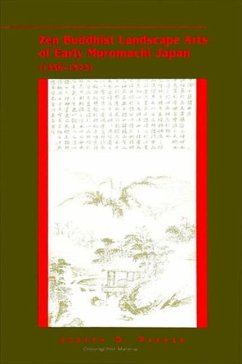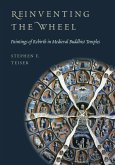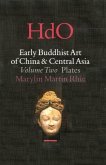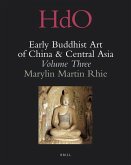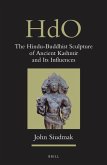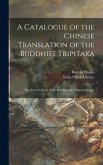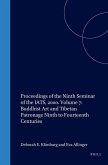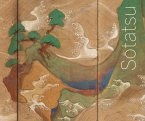Examining inscriptions on landscape paintings and related documents, this book explores the views of the "two jewels" of Japanese Zen literature, Gido Shushin (1325-1388) and Zekkai Chushin (1336-1405), and their students. These monks played important roles as advisors to the shoguns Ashikaga Yoshimitsu (1358-1408) and Yoshimochi (1386-1428), as well as to major figures in various michi or Ways of linked verse, the No theatre, ink painting, rock gardens, and other arts. By applying images of mountain retreats to their busy urban lives in the capital, these Five Mountain Zen monks provoke reconsiderations of the relation between secular and sacred and nature and culture.
Hinweis: Dieser Artikel kann nur an eine deutsche Lieferadresse ausgeliefert werden.
Hinweis: Dieser Artikel kann nur an eine deutsche Lieferadresse ausgeliefert werden.

